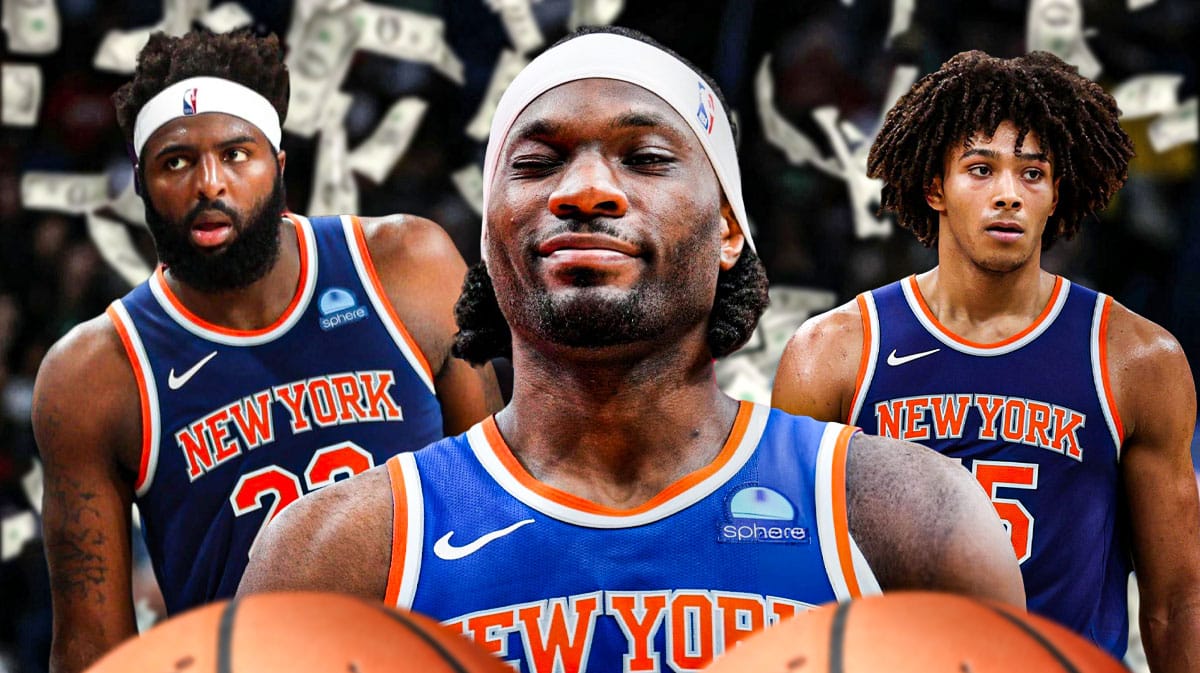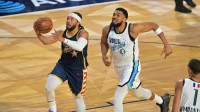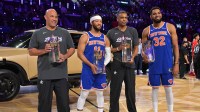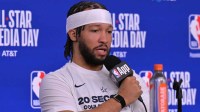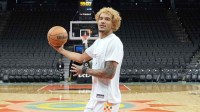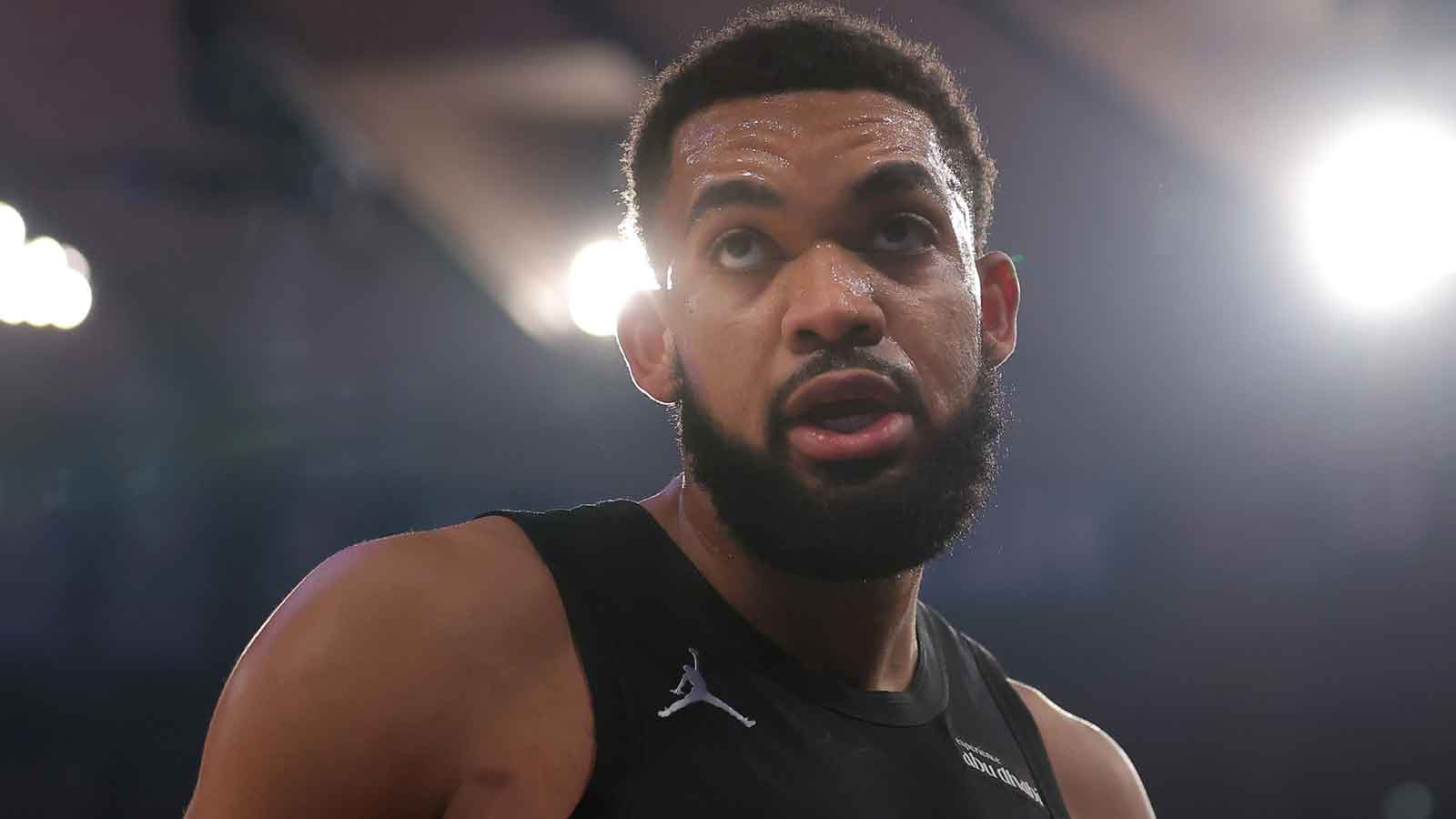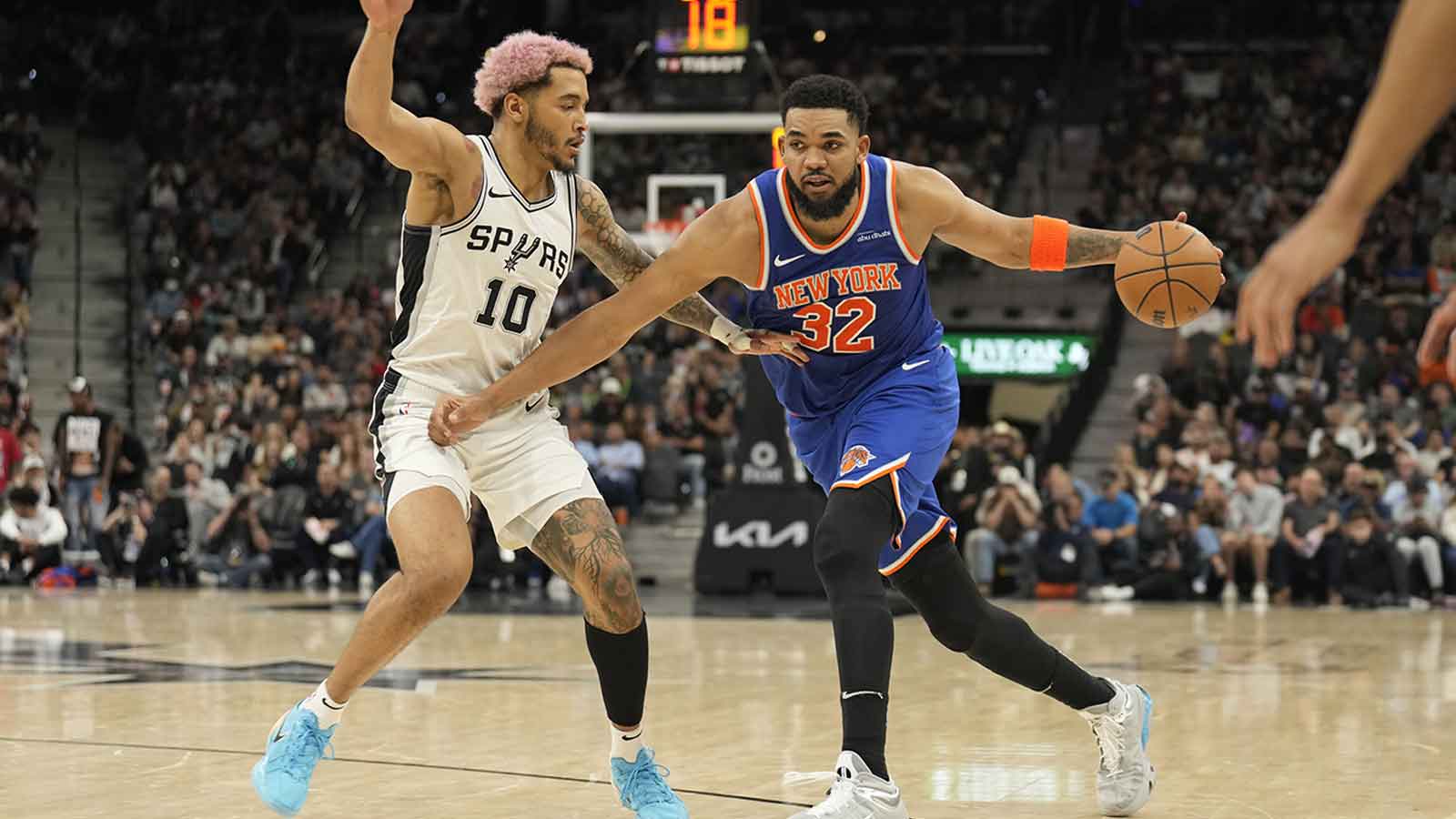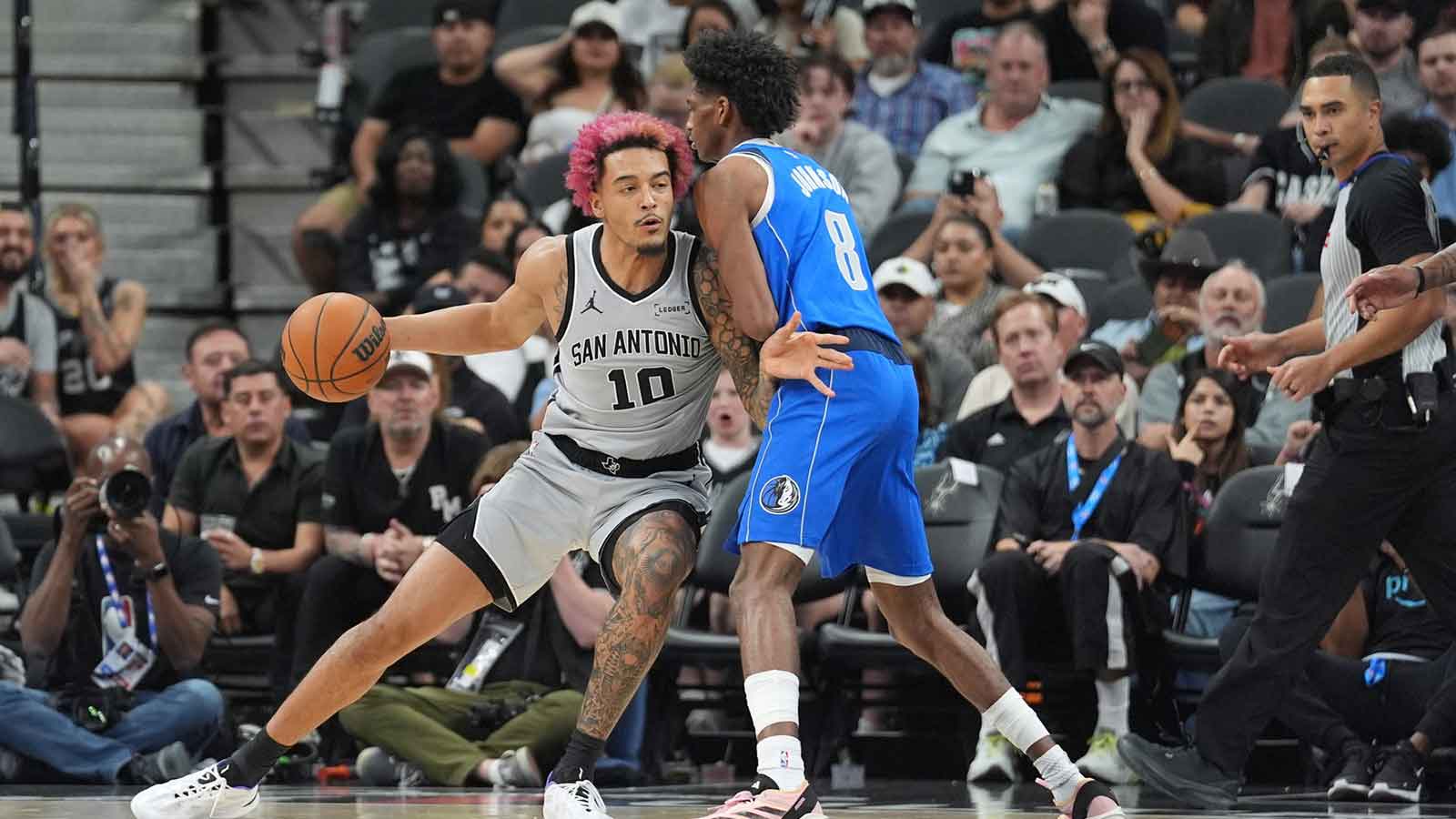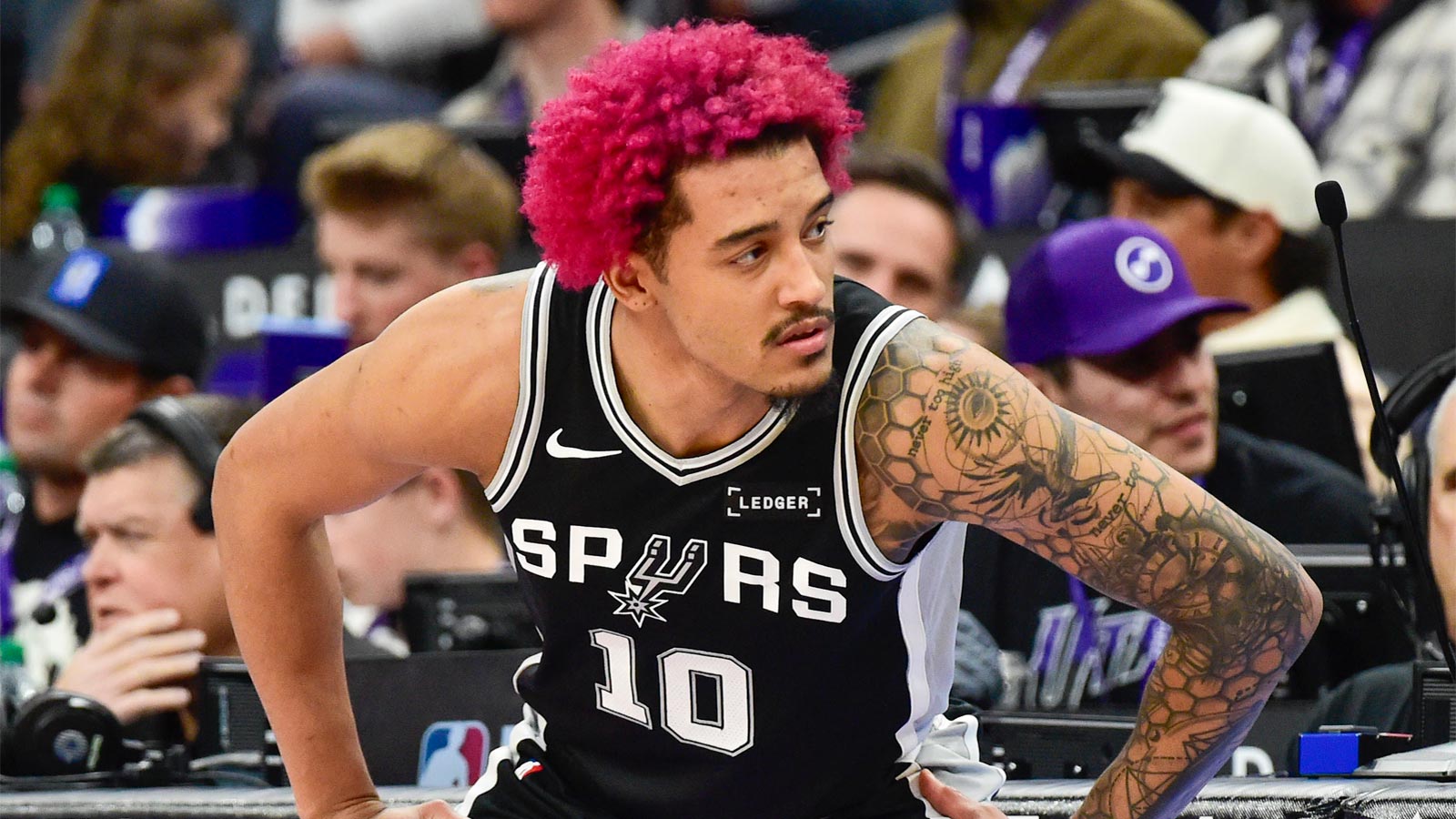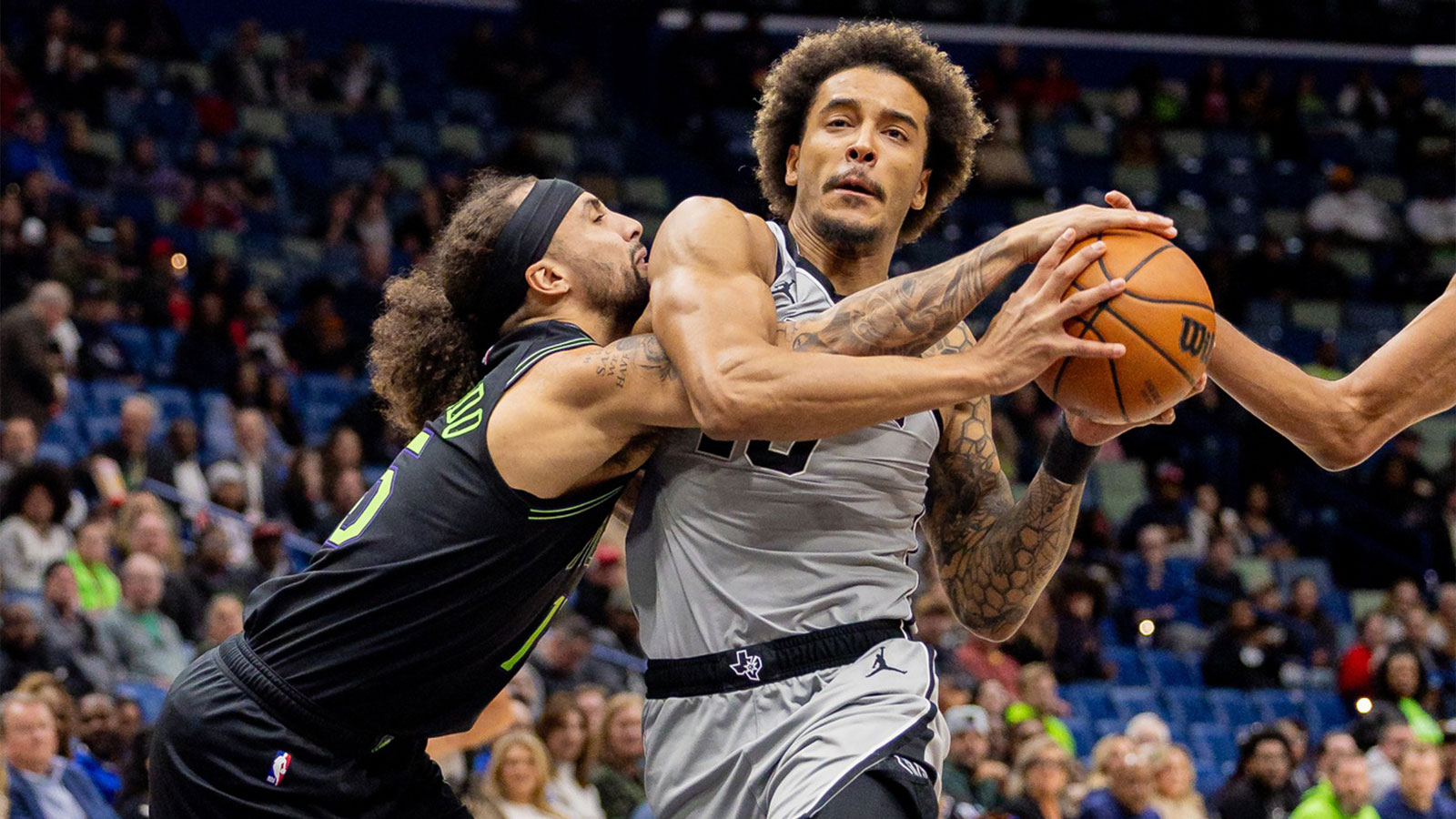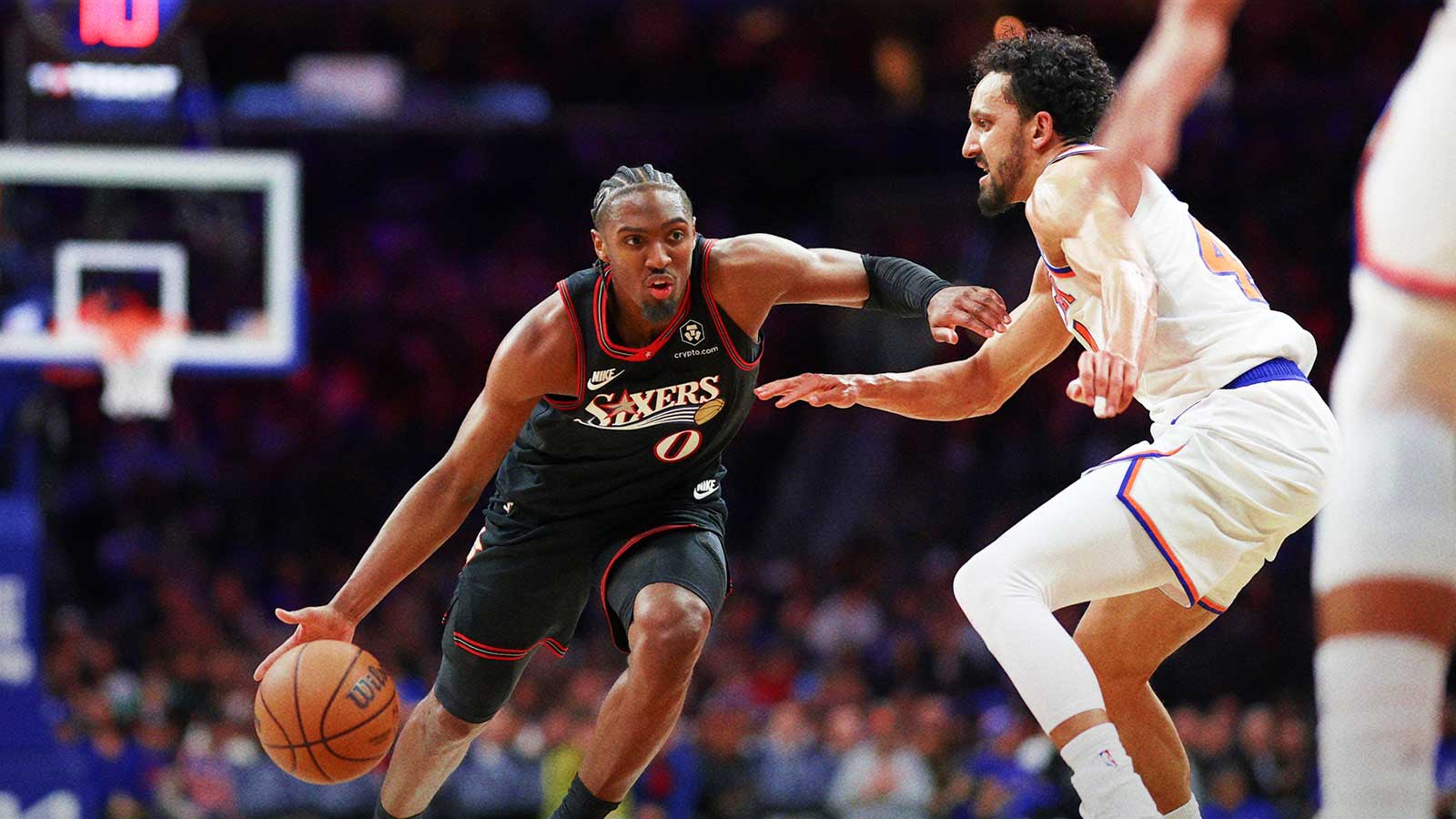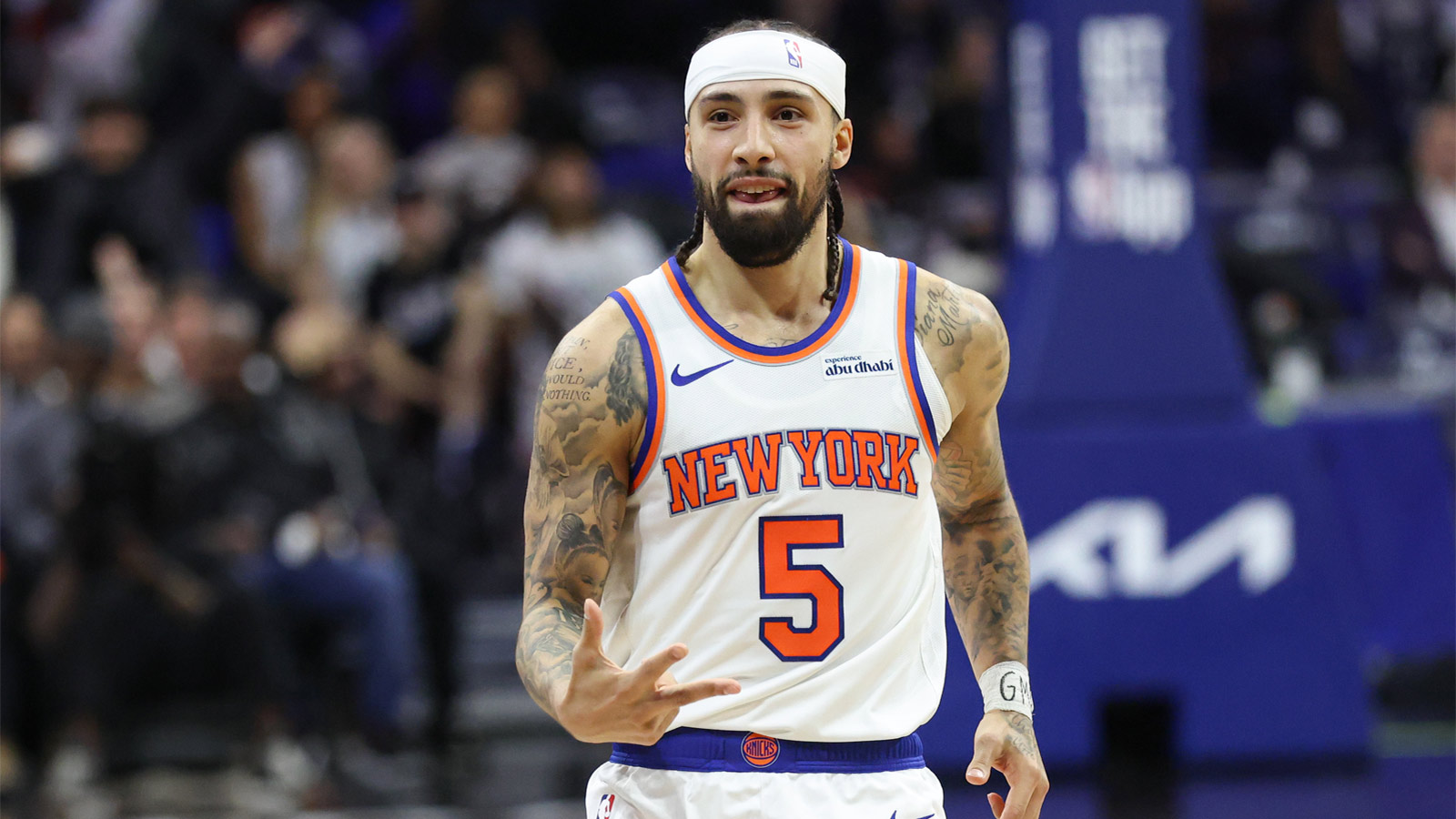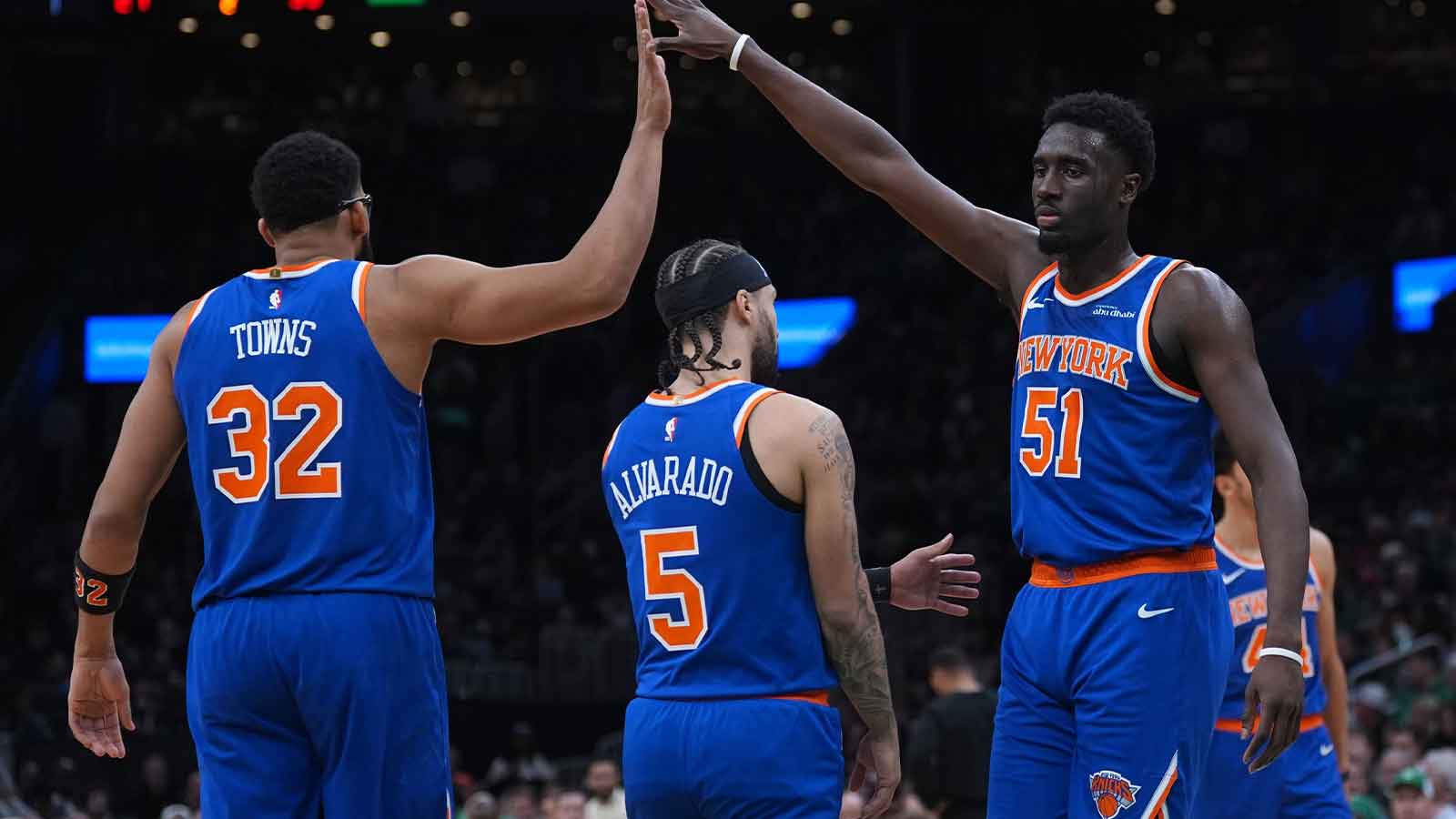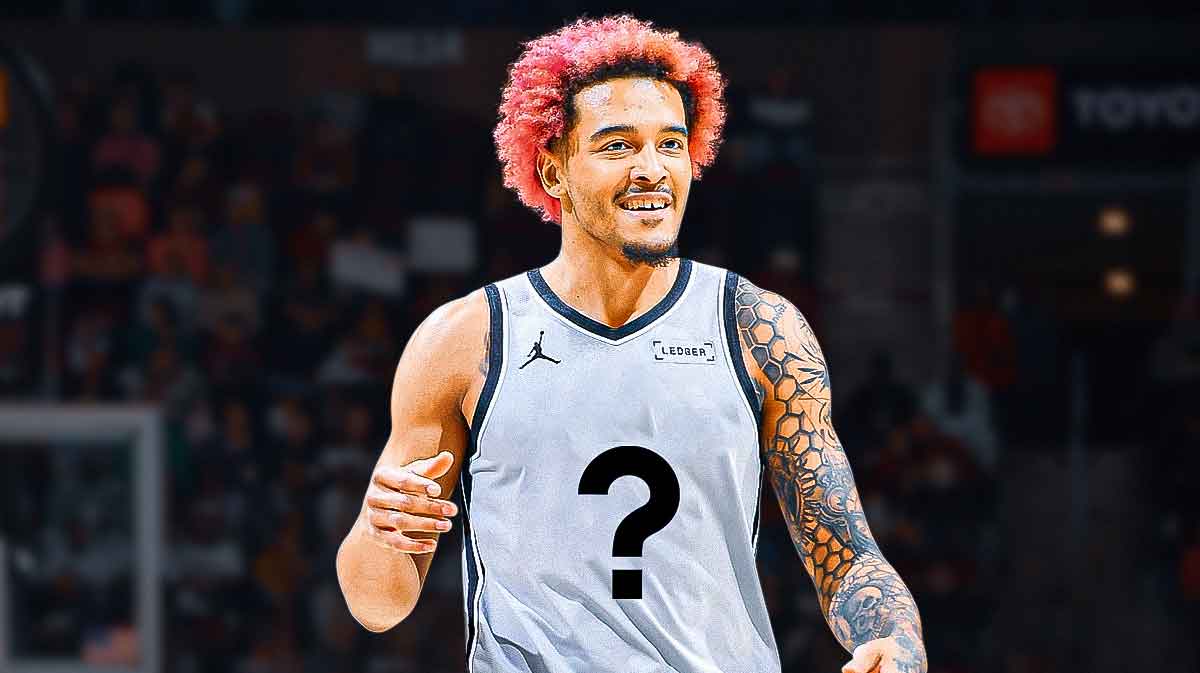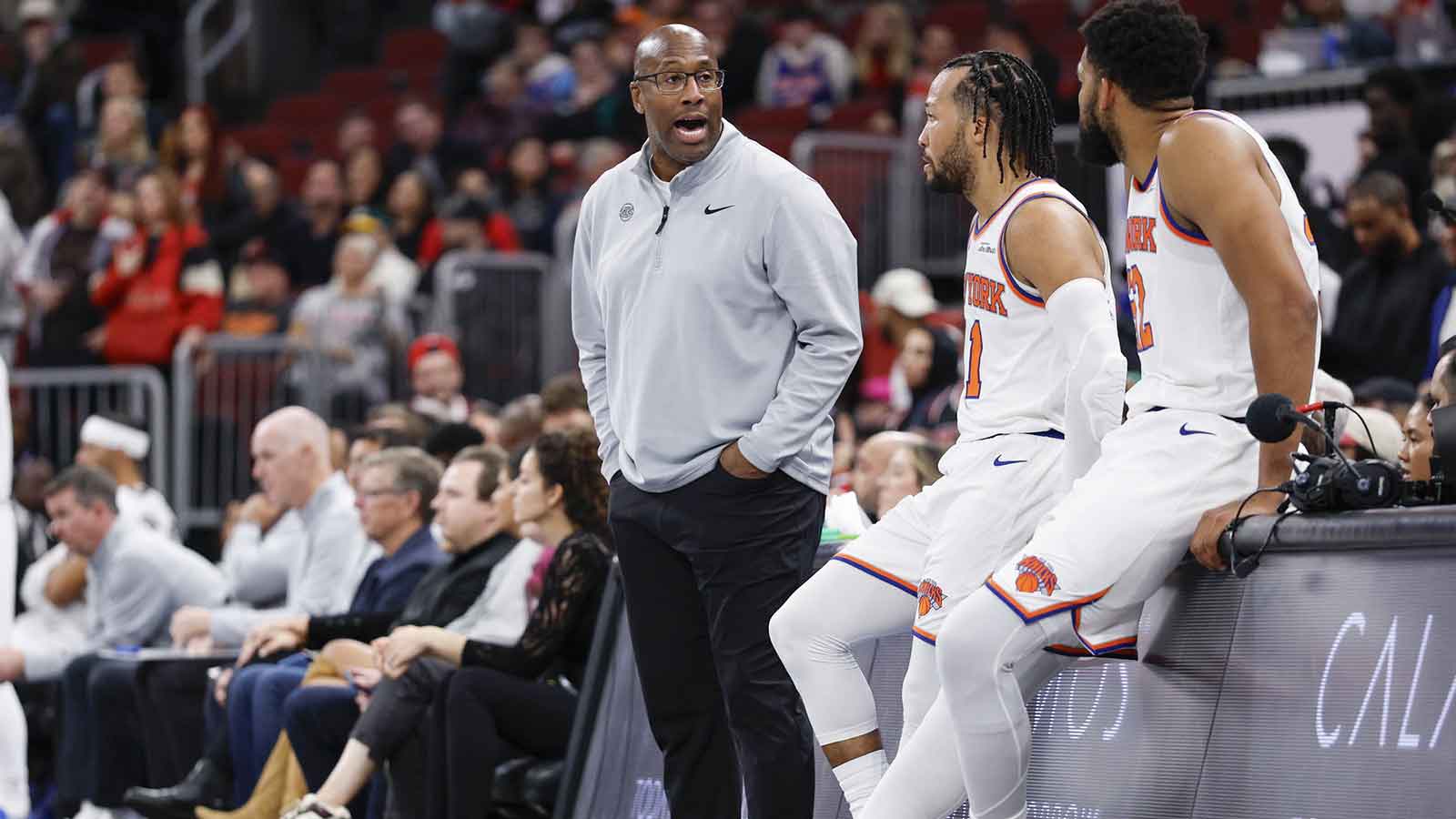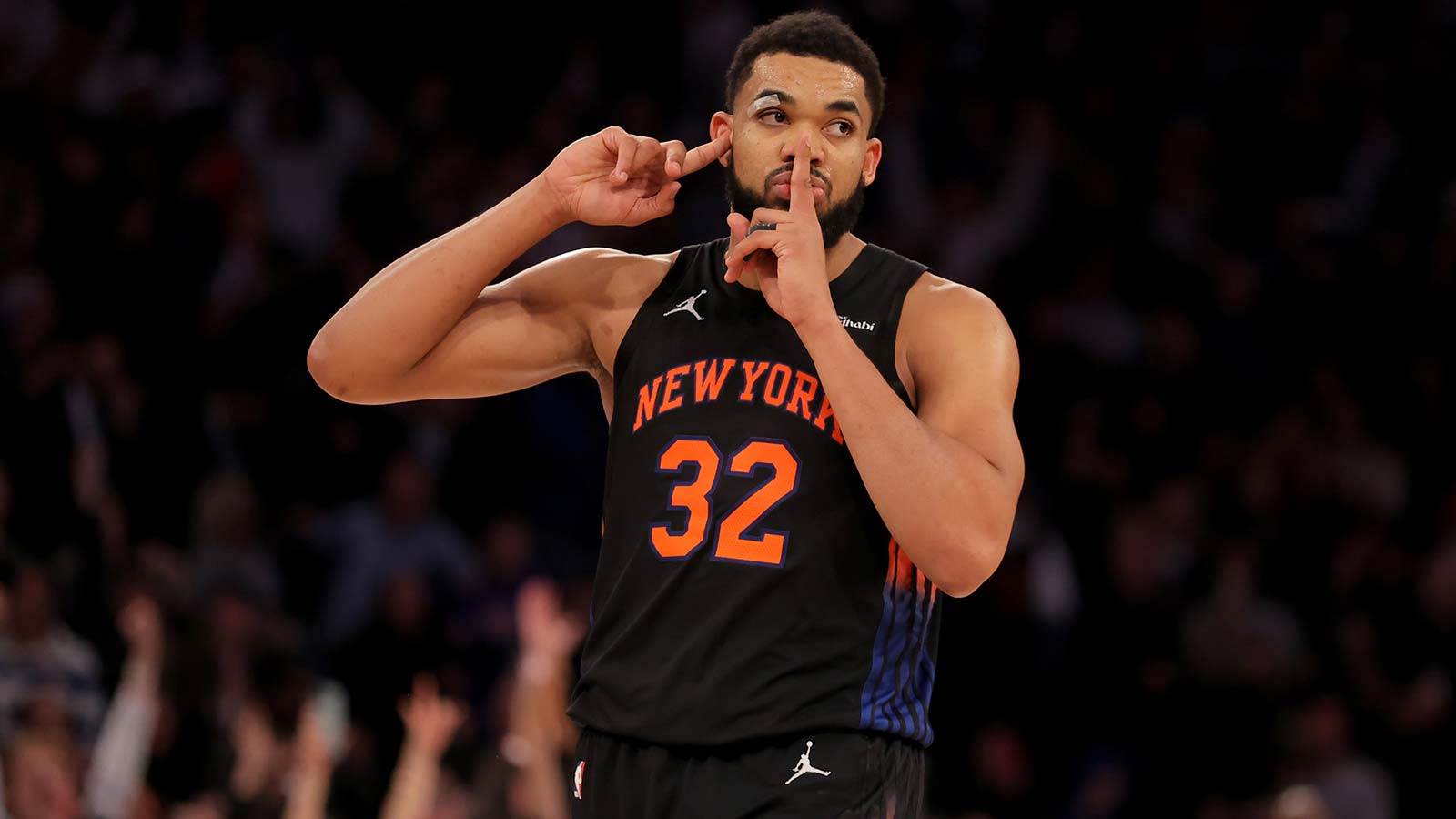The New York Knicks were pretty busy in the early days of July. They traded for star wing Mikal Bridges and re-signed star forward OG Anunoby. They also re-signed star point guard Jalen Brunson to a team-friendly deal and added backup point guard Cam Payne. However, a glaring hole remains.
New York’s center rotation appeared set exiting the 2024 NBA Playoffs. Isaiah Hartenstein proved to be a legitimate starter and Mitchell Robinson looked like a perfect complement after returning from ankle surgery (and before re-injuring the ankle). But in pre-Leon Rose Knicks’ fashion, everything wasn’t going to go right.
Hartenstein was signed to only a two-year deal in 2022, meaning that New York did not own his Full Bird Rights. The Knicks were capped in how much they could offer him, and the Oklahoma City Thunder offered considerably more. Needless to say, Hartenstein signed with the Thunder.
Now, the Knicks are stuck with only one experienced center (Robinson), and he is pretty injury-prone. So, what is New York to do? Well, one seamless solution is re-signing another Robinson teammate, Precious Achiuwa.
Where do negotiations stand with Precious Achiuwa?
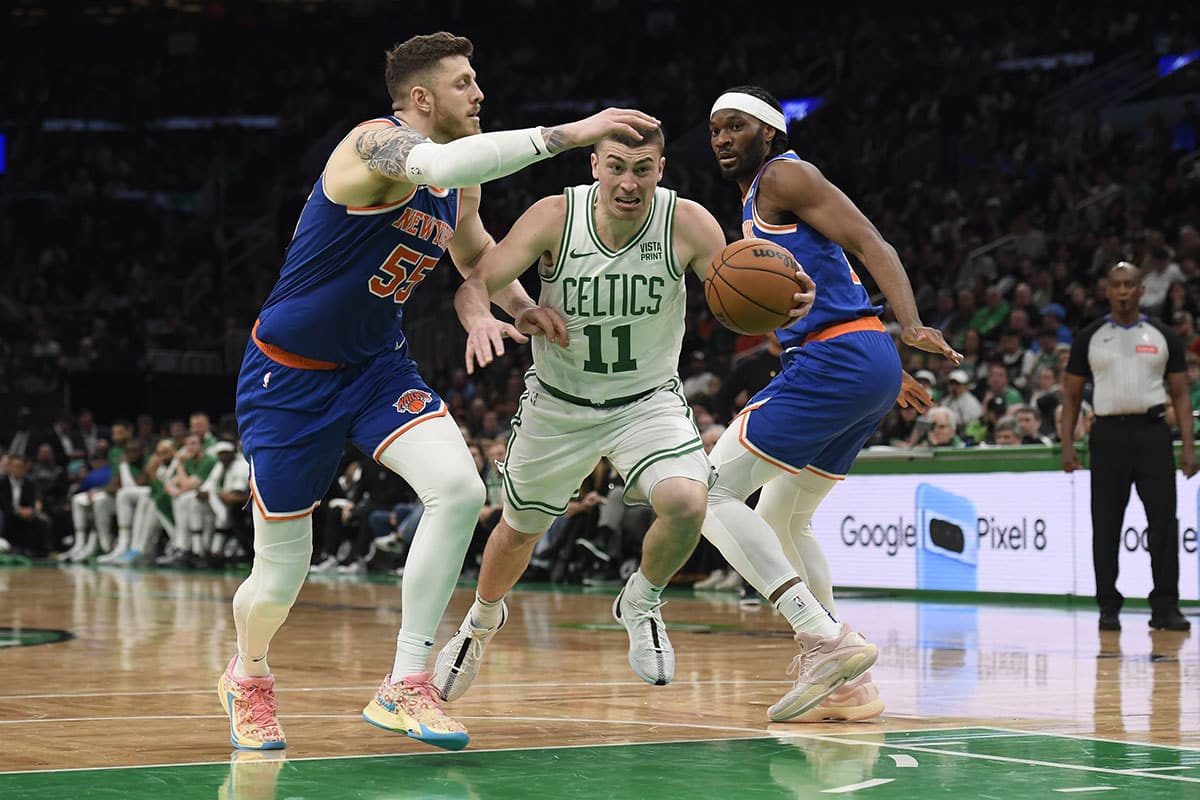
Before we get too far, let’s clarify where the dialogue stands between Achiuwa and the Knicks.
The Knicks have the University of Memphis alum’s Bird Rights. Therefore, they can pay him more than other teams. Achiuwa does have competing offers from other teams, according to a report from SNY's Ian Begley. But Achiuwa appears happy to play for his hometown team.
With all that being said, the Knicks could be holding off on re-signing Achiuwa because they plan to sign-and-trade him. That makes sense as it would probably result in a bigger deal than the $5 million taxpayer mid-level exception (for Achiuwa). And the Knicks can talk deals with competing teams in hopes that a combination of Achiuwa and an asset might pry away a better center. New York also still has its taxpayer MLE.
Achiuwa is a good reserve center… when needed
At six-foot-eight, Achiuwa is not your typical NBA center. But his seven-foot-one wingspan, quickness, and strength make him more qualified than you might think. Achiuwa proved an ability to keep up with some of the best centers in the NBA. He was at least as effective at slowing down Philadelphia 76ers center Joel Embiid as Hartenstein, who is a legitimate seven-footer. Meaning he’s far from a defensive liability.
Achiuwa was technically unlocked when he arrived in New York in the late-December trade which also led to Anunoby joining the team. He played a career-high 24.2 minutes per game, starting 18 times. In those 18 starts, he averaged 12.5 points, 9.5 rebounds, and 1.8 blocks per game. Unlike Hartenstein (and Robinson), Achiuwa isn’t afraid to shoot open threes-pointers. Compared to the German national who shot just three three-points all of last season, Achiuwa shot 50 threes in his 49 games as a Knicks, connecting on a sub-par 26%. Despite the sub-par clip, he still represents a willing shooter. That’s something.
Keeping Achiuwa has its benefits for Knicks
Still, why would New York turn to Achiuwa as their primary backup center if he’s undersized and an inefficient shooter? Well, first of all, options are limited. The Knicks presumably explored all the more qualified options, all of whom signed elsewhere earlier in July.
But there are reasons to be optimistic about an Achiuwa reunion, too. The familiarity he brings is certainly a positive, especially given all the inherent adjustments that must be made. New York must work Bridges into the starting lineup. They must also re-orient Julius Randle and replace Hartenstein. If they can achieve continuity in achieving the latter, that would go a long way toward not upsetting team chemistry.
And then there’s Achiuwa’s age to consider. At 24 years old, Achiuwa could very possibly have another level to unlock. After all, he’s only one year older than rookie point guard Tyler Kolek, who New York just drafted in June.
Finally, as mentioned above, Achiuwa is actually a surprisingly effective (albeit situational) big man. He challenges opposing defenses entirely differently than someone like Robinson, He is a willing shooter, even if he’s not as efficient as New York would like; can cut without the ball and catch passes on the move; block shots, and defend the basket; and is an above average rebounder.
Ultimately, Achiuwa is a good plan B for the Knicks. He’s far from a perfect backup center, but he’s more polished than the alternative, Jericho Sims. So, maybe New York’s best bet is to bring Achiuwa back and rely on him for most of the backup minutes, with the remaining time going to Sims as needed. Either way, the Knicks absolutely need Achiuwa, unless they have someone better in mind.

